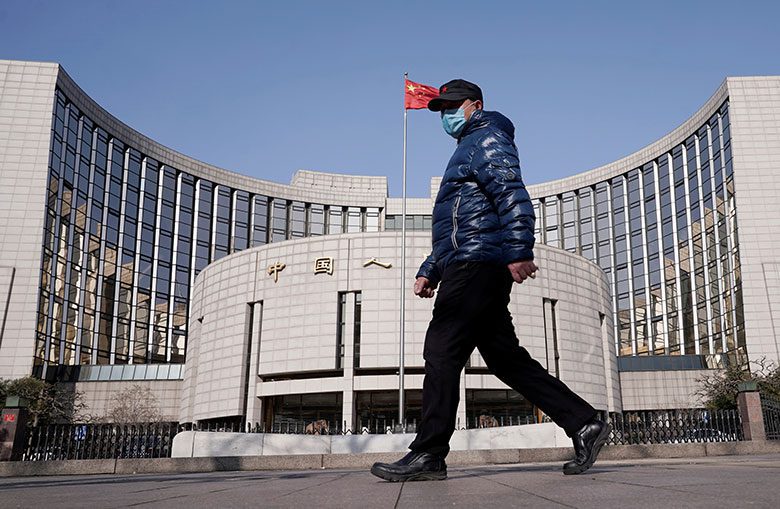
The shape of the coronavirus’ impact on the finance industry in the Asia-Pacific region is coming into focus with leading indicators of sector health turning red. March 2020 appears to be the month that banks in the region pushed the panic button closing a record number of job postings. Banks around the region are putting the brakes on hiring, constraining growth and expansion plans, says GlobalData, a leading data and analytics company.
An analysis of GlobalData Job Analytics, which tracks job trends across Asia and the banking sector, reveals that the start of March saw a spike in listed banking jobs being closed, over 1,200 in one week more than twice the more typical 500. Newly posted jobs were also down to less than 300 positions.
Andrew Haslip, Head of Financial Services Content for Asia-Pacific at GlobalData, says: “Clearly the appetite for new personnel has dried up. With major banks in the region facing a hit to revenue from the drop off in consumers’ demand for credit and even desire to consume more than bulk purchases of toilet paper; most banks are reluctant to take on new staff.”
A number of banks have announced emergency support to their clients, including major Asian banks. For example, Australia’s Big 4 (The Australia and New Zealand Banking Group (ANZ), The Commonwealth Bank of Australia (CBA), The National Australia Bank (NAB) and (Westpac) have announced various plans to help customers hit by the virus ranging from deferred loan repayments and other hardship relief.
Haslip adds: “Even if the pandemic is moderate and contained early on in March and April, these will hit the bottom line and so the hiring freeze will not soon let up, slowing growth for the entire year.”
For example many banks, both regional players and international giants had prioritized expansion into the Asia-Pacific market.
Haslip continues: “An effective hiring freeze in the region will set back any expansion plans that wealth managers had for their Asia-Pacific operations and will likely see targets for client inflows missed en masse along with the heavy losses on invested client AUM. Plans to increase digitization in the retail banking sector typically requires the hiring of new staff with the relevant skills. This too will be slowed. Expect product launches, upgrades and project timelines all to be delayed.”
One of the few bright spots in the gloom will be the growing ranks of purely digital banks popping up around the region. With many of these neobank brands (most are part of wider financial services groups) still able to take on new customers entirely remotely and automatically they will have a distinct advantage over any bank still requiring a trip to the branch while the pandemic continues.
Haslip concludes: “Being able to extend credit and payment services without having to involve a person directly will also be a boon in a time when many bank employees are likely to be ill or self-isolating. However, regardless of how we look at it, the leading indicators like job postings suggest a big impact on the financial services industry in Asia-Pacific is already underway. This month we can see it in Asia, next month it is likely to be seen across the world.”
HedgeThink.com is the fund industry’s leading news, research and analysis source for individual and institutional accredited investors and professionals








